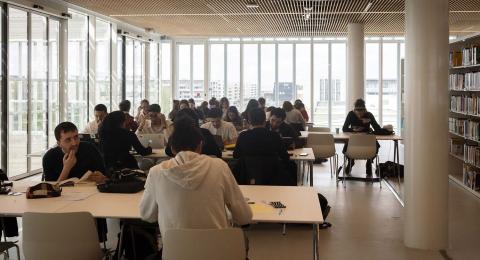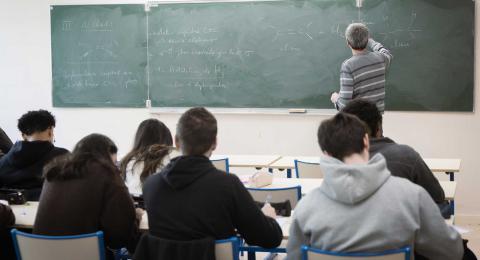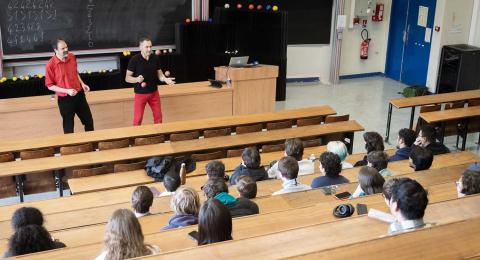Environmental, Energy and Transport Economics
Information
Learning outcome targets
Global challenges, whether they relate to energy, food or the environment, require the use of knowledge from many different sources and integrated approaches. Graduates are required: to have a command of economic theory and its application to decision making; to be able to hit the ground running as soon as the degree is awarded by knowing how to set up data processing, statistical and econometric methods and the necessary IT resources; to understand political, economic and scientific challenges and be familiar with recent research developments; to have managerial knowledge (cost-benefit analysis, decision making under uncertainty, management of disputes) as well as ‘soft skills’ (knowledge of sectors, ability to debate on political issues, negotiation).The primary aim of the degree is to provide, through the M1 followed by the four possible M2 courses, training which deals with the whole range of issues concerning energy, the environment and food in terms of economic factors and in an analytical and future-orientated manner. Graduates must have the skills to design strategies to address energy, environmental and agri-food challenges, particularly in relation to climate change, overexploitation of natural resources, water and air pollution, land use (food/bioenergy) and the transition to a low-carbon world. They must be able to incorporate these strategies into the fields of production, services and consulting. They must also have the scientific knowledge to enable the most motivated to participate in both private and public research.Some core courses with a research focus provide the conceptual and theoretical elements to achieve these objectives. Thematic courses focusing on practical issues and their management in various sectors (new energies, water, forestry, waste, agriculture, bio-industries, etc.) enable students to become involved in different professional environments with the necessary objectivity to act in a managerial role.Three of the M2 courses are open to apprenticeships in order to promote access to students whose funding does not allow them to successfully complete higher education in particular, as well as to improve the CVs of university students with few work placements and little involvement in professional networks. Nevertheless, only about ten students out of the 110 on the M2 are authorised to follow a work-study programme, as the research element remains a dominant part of the course.







